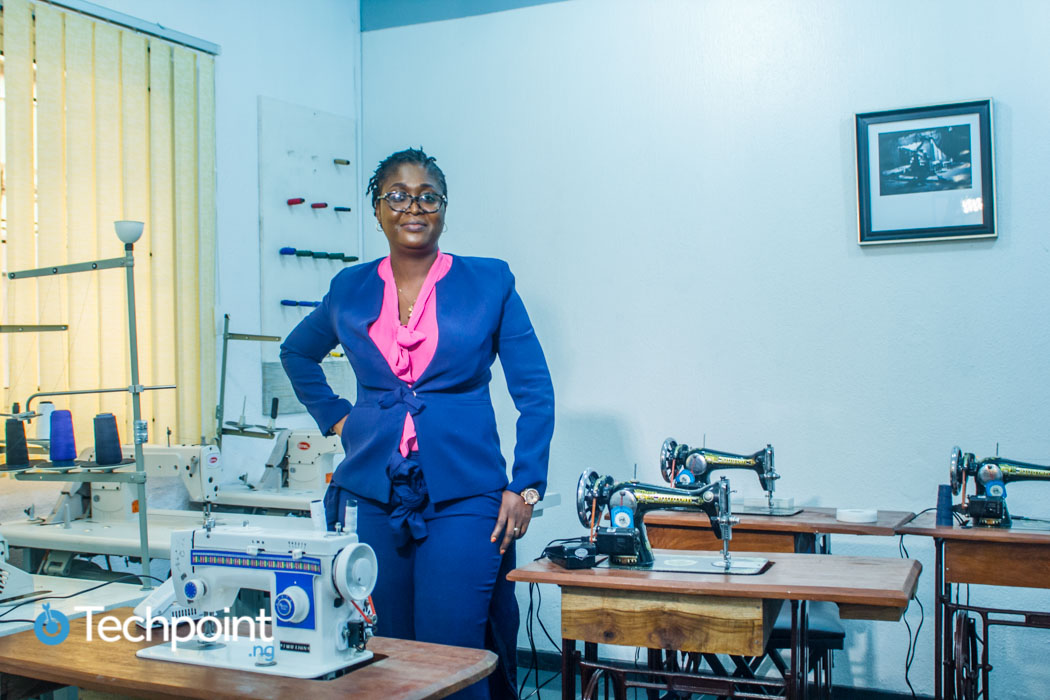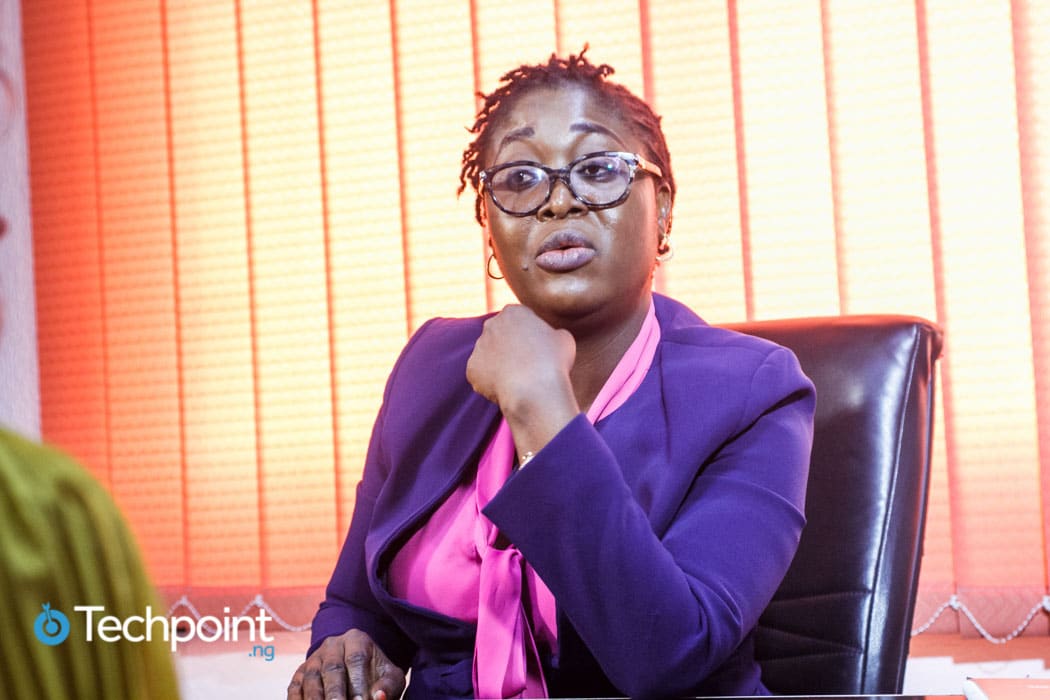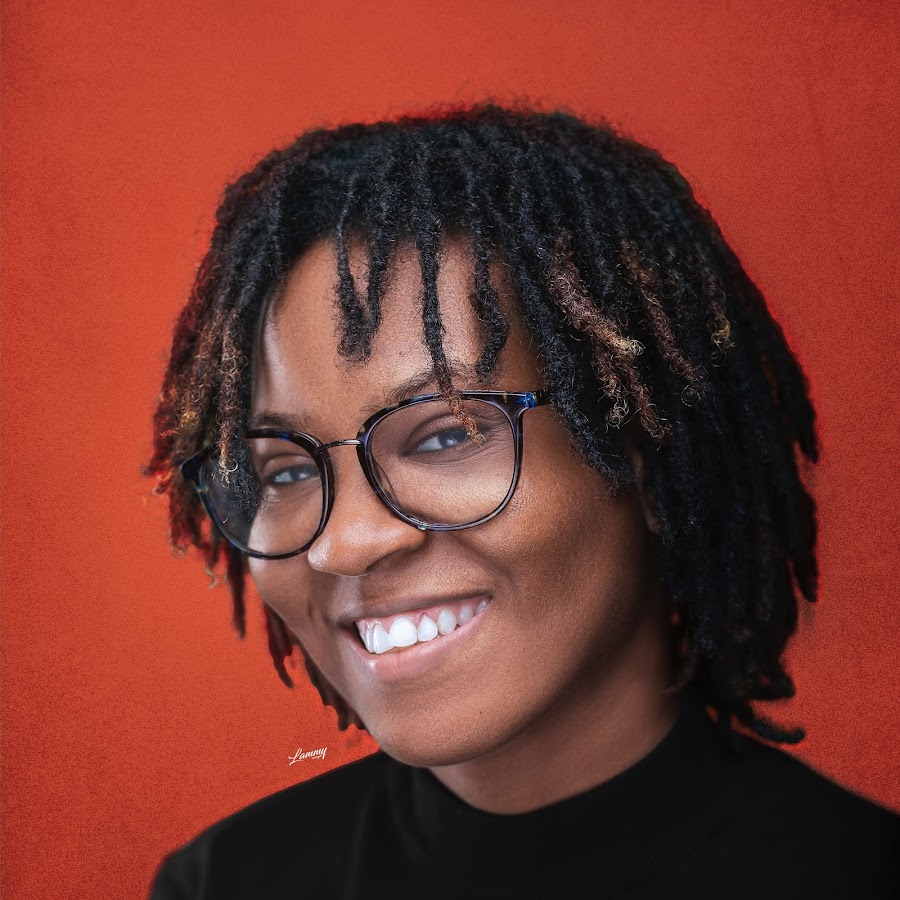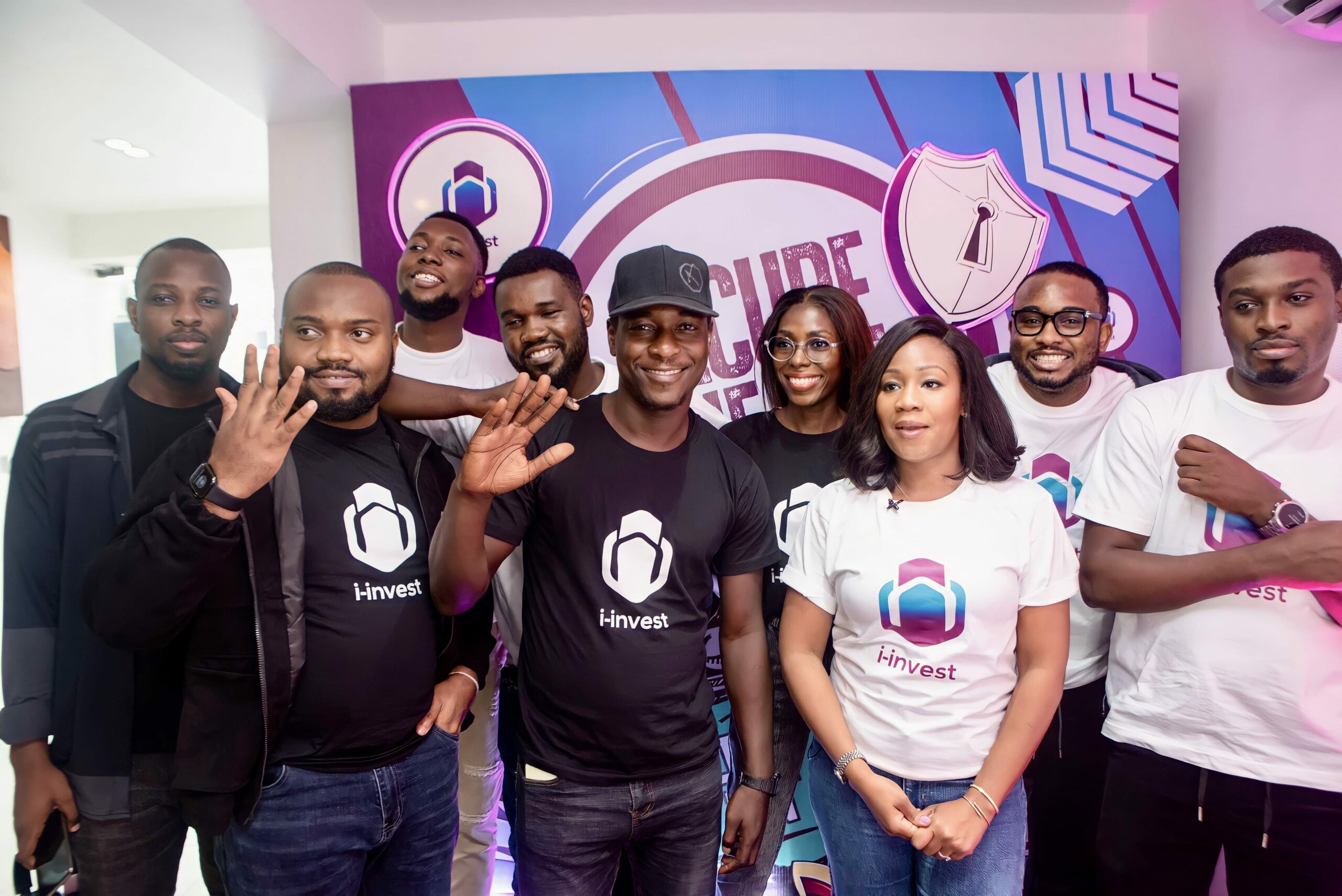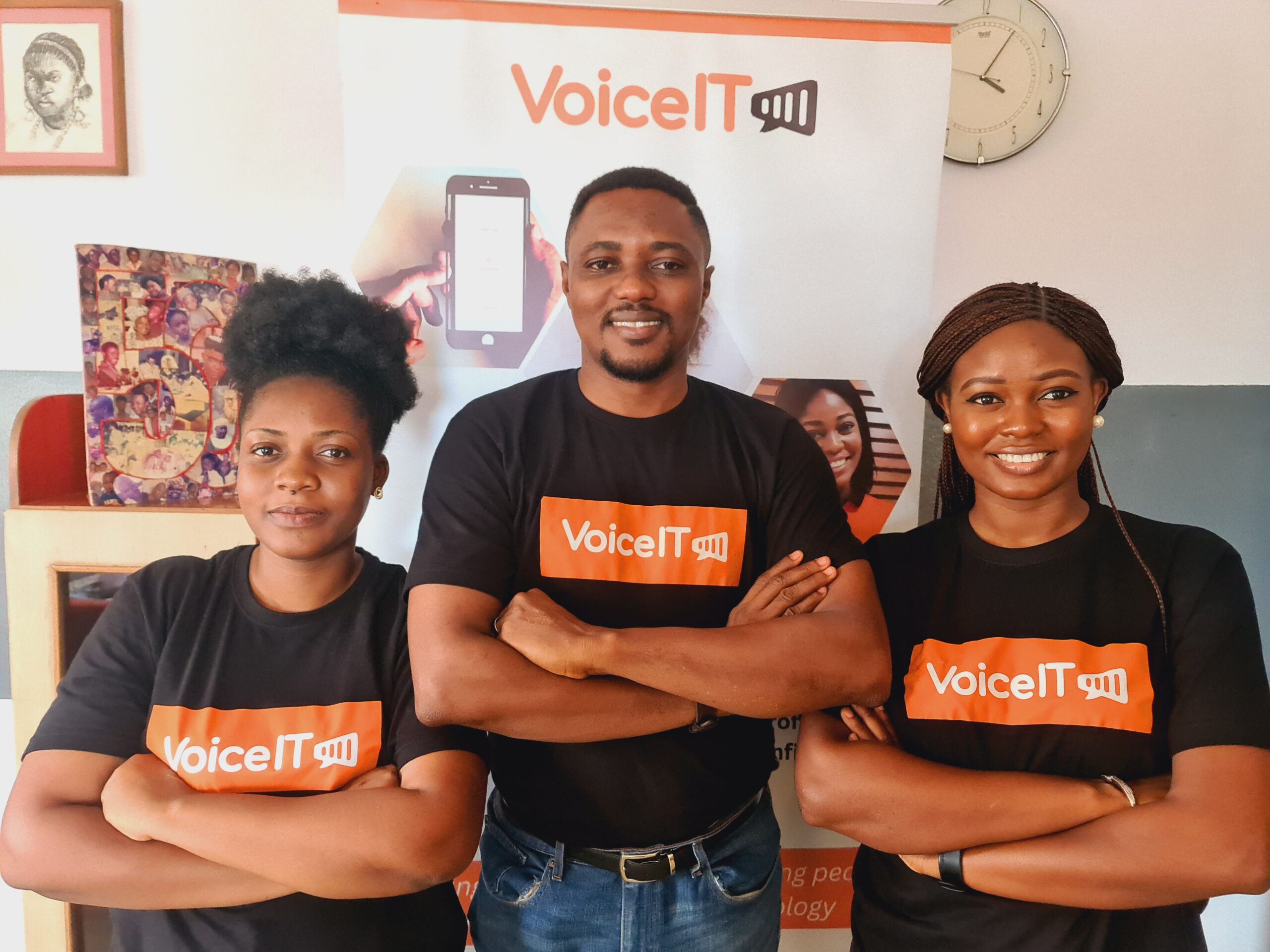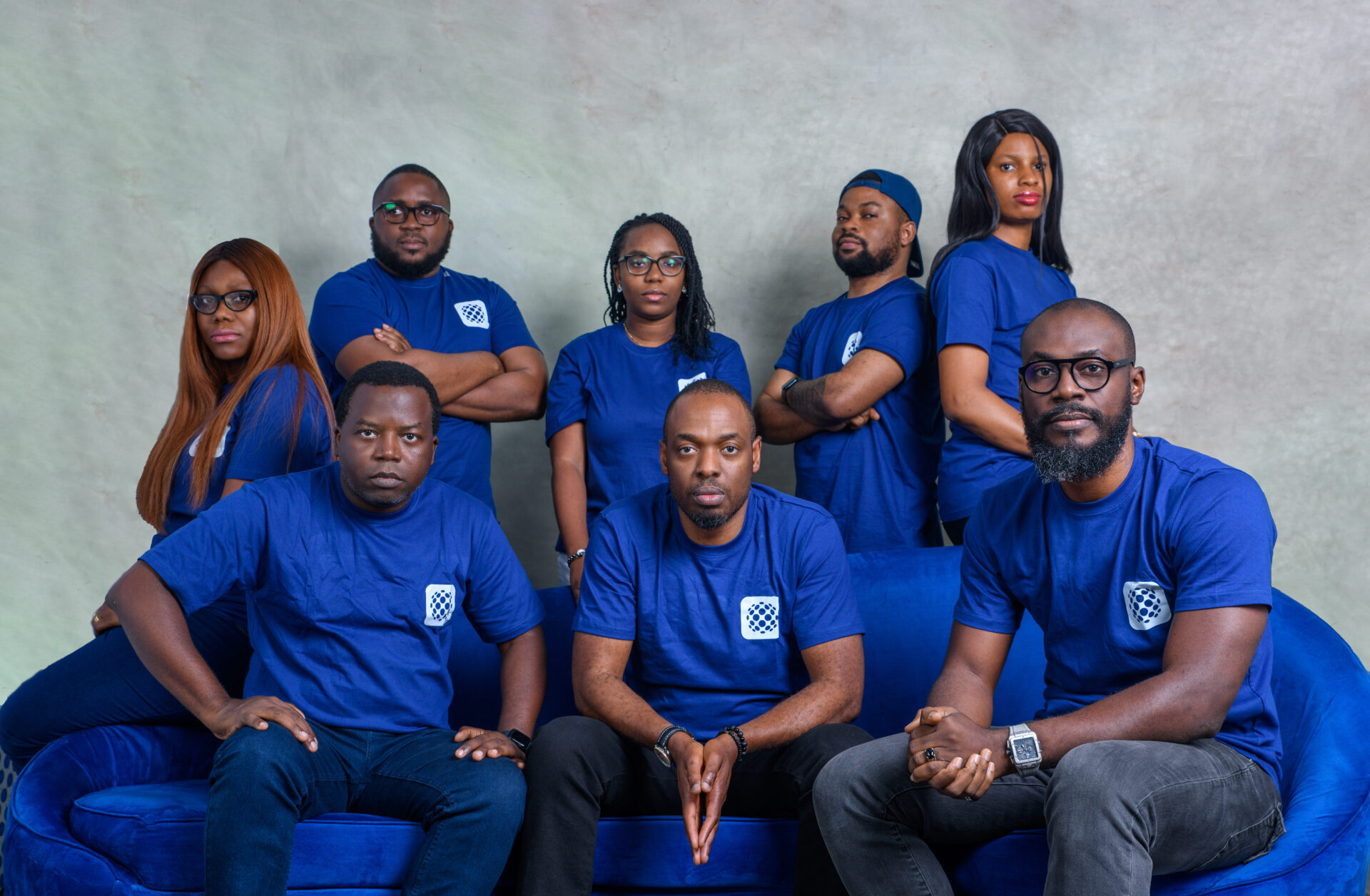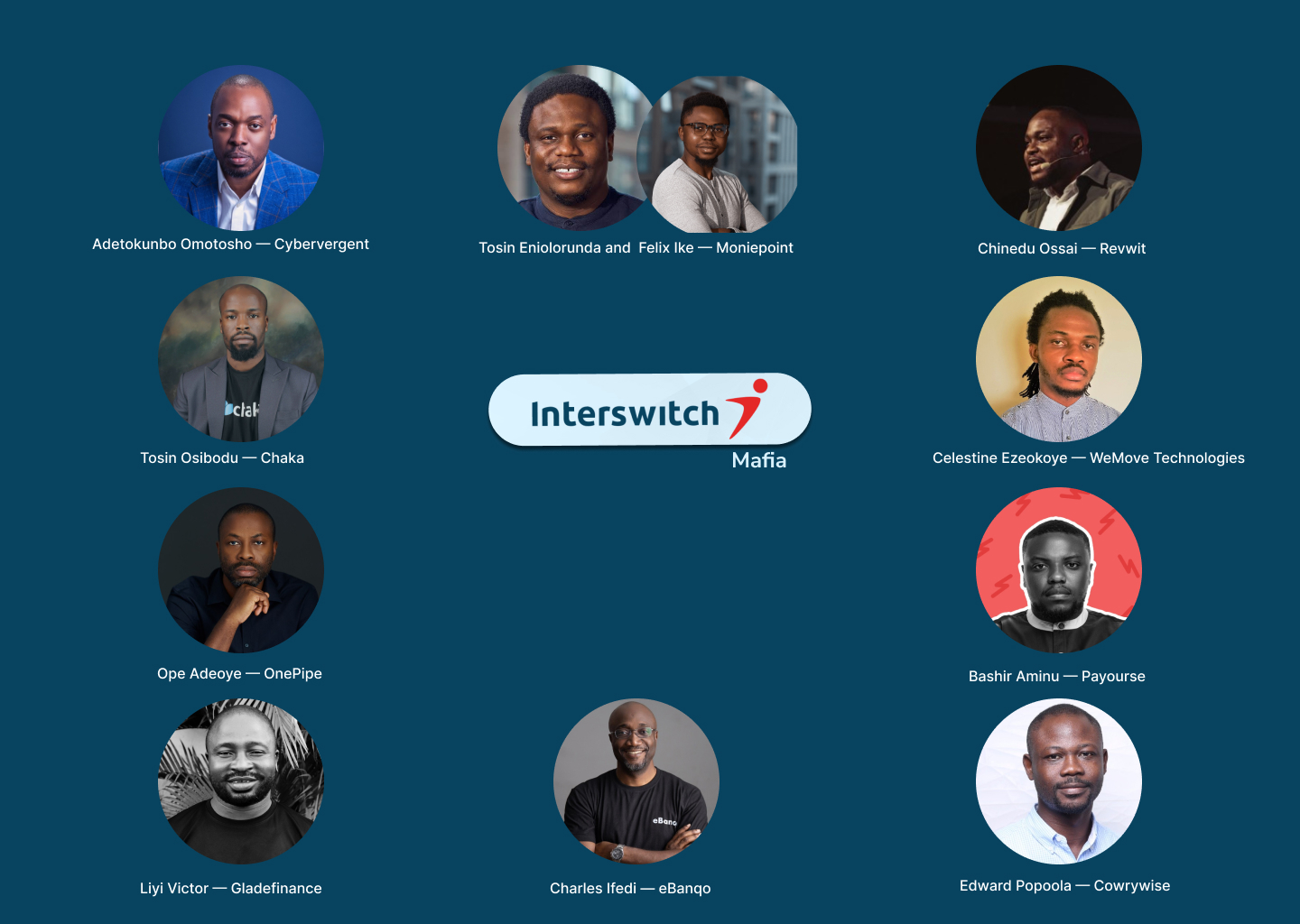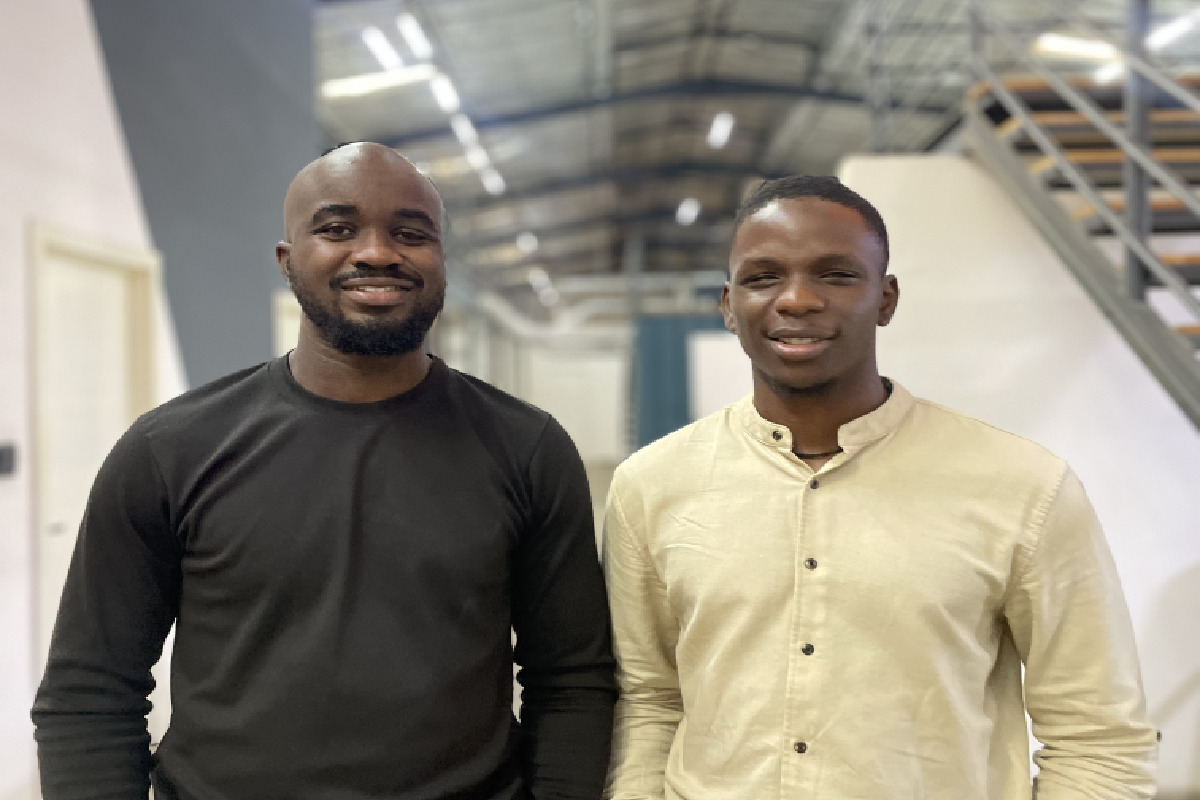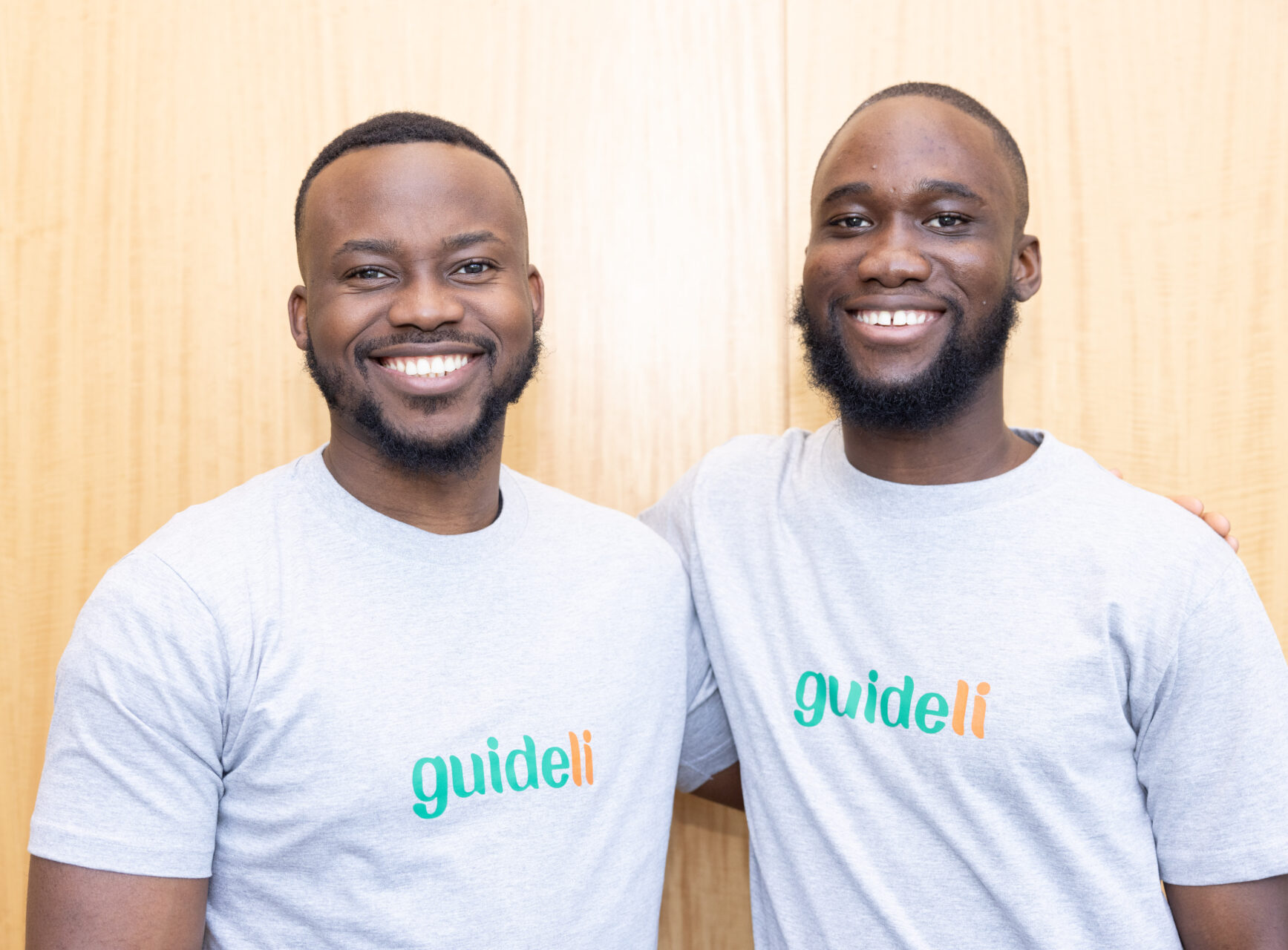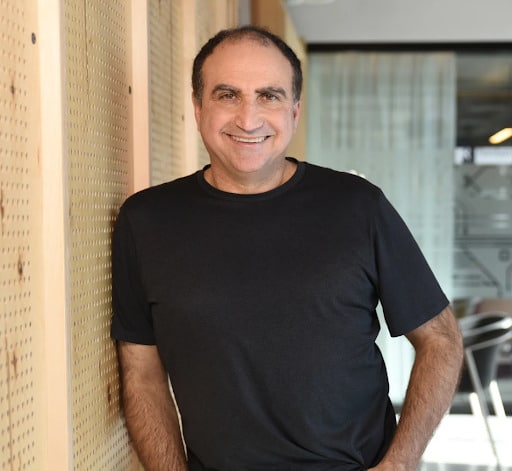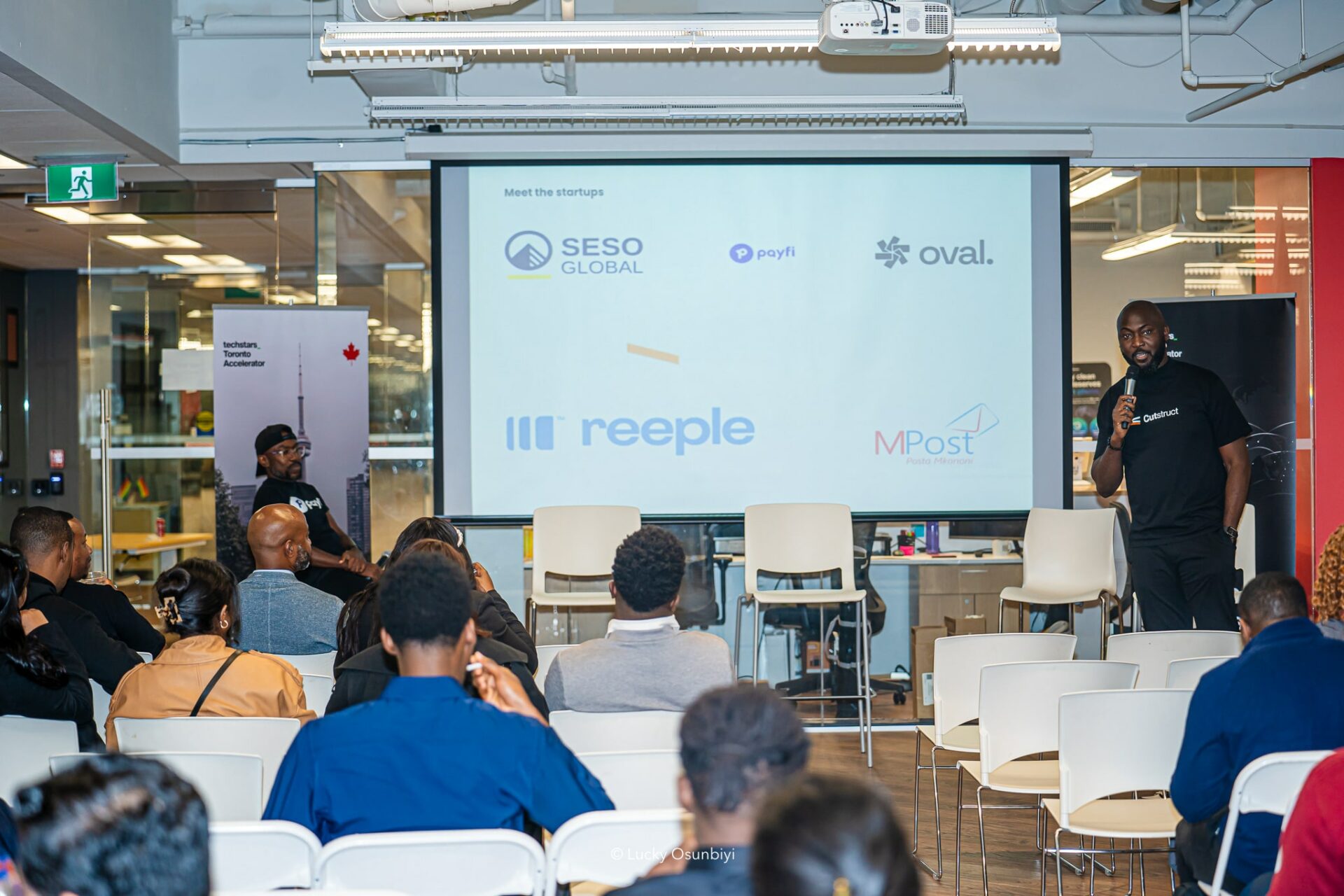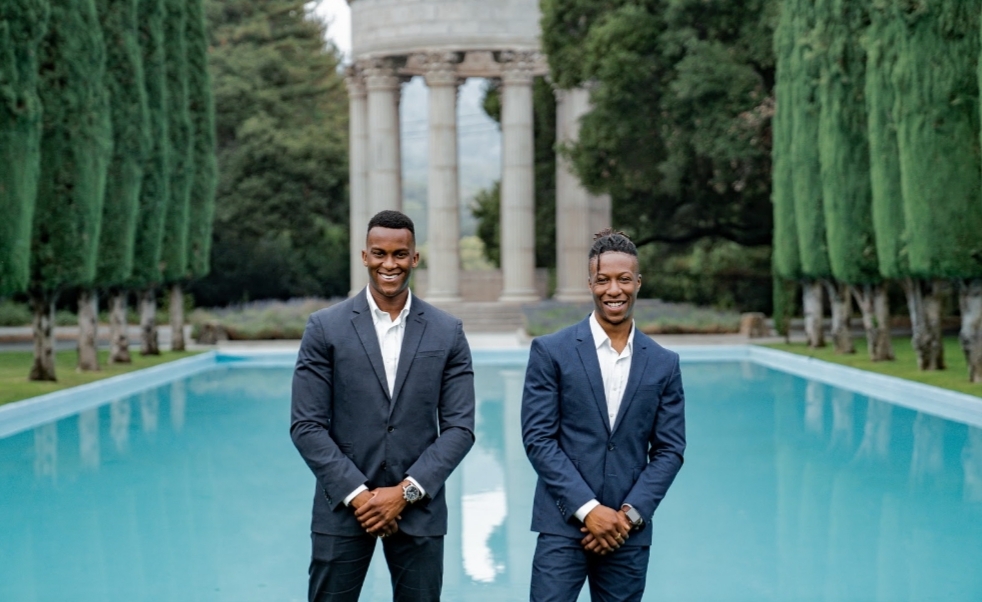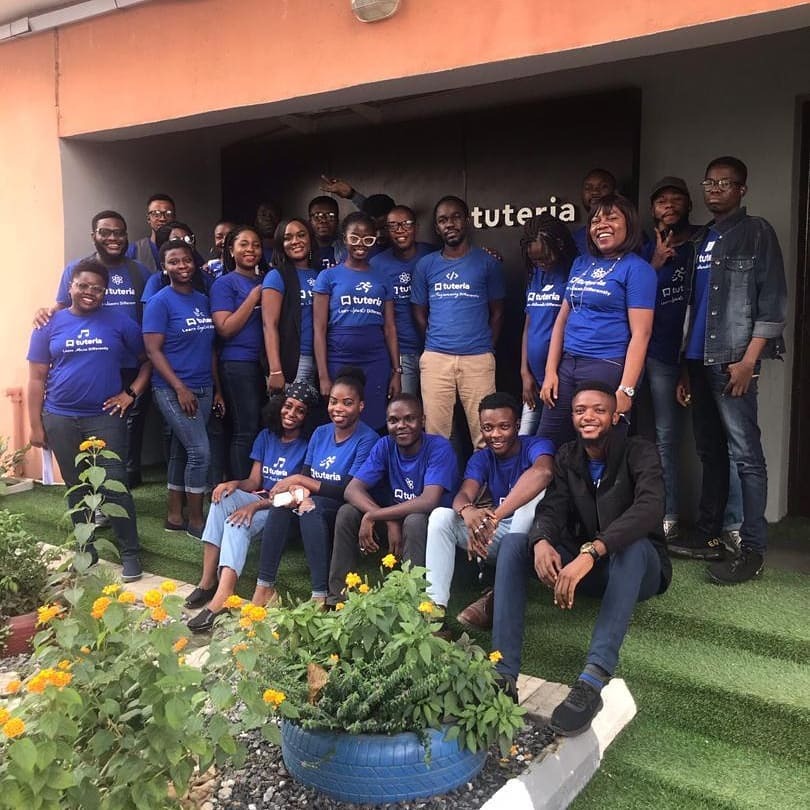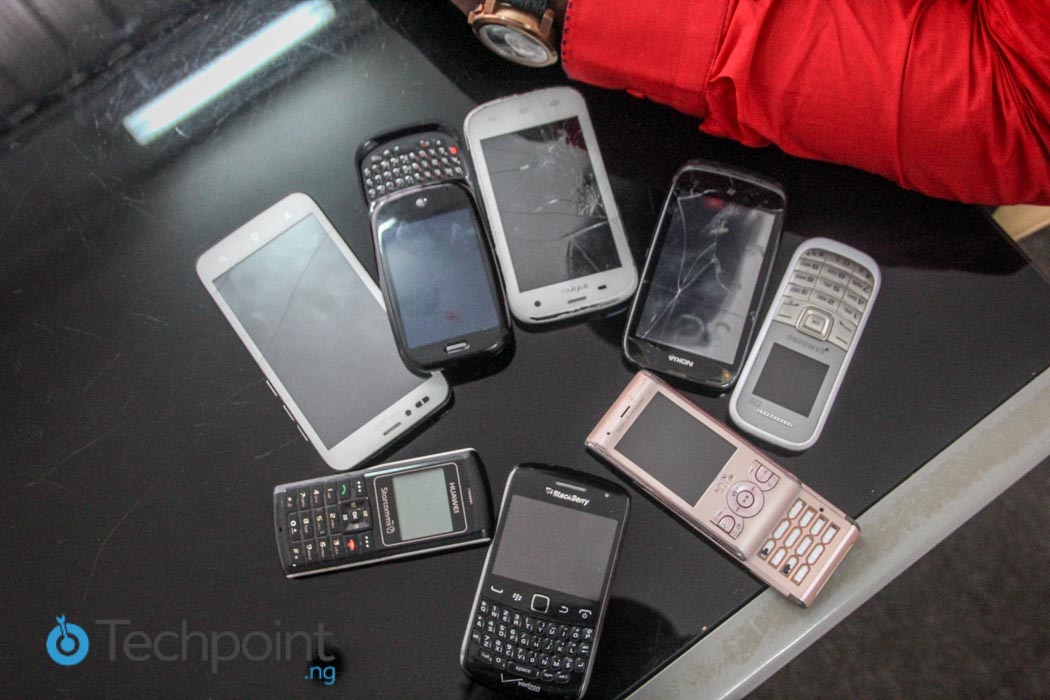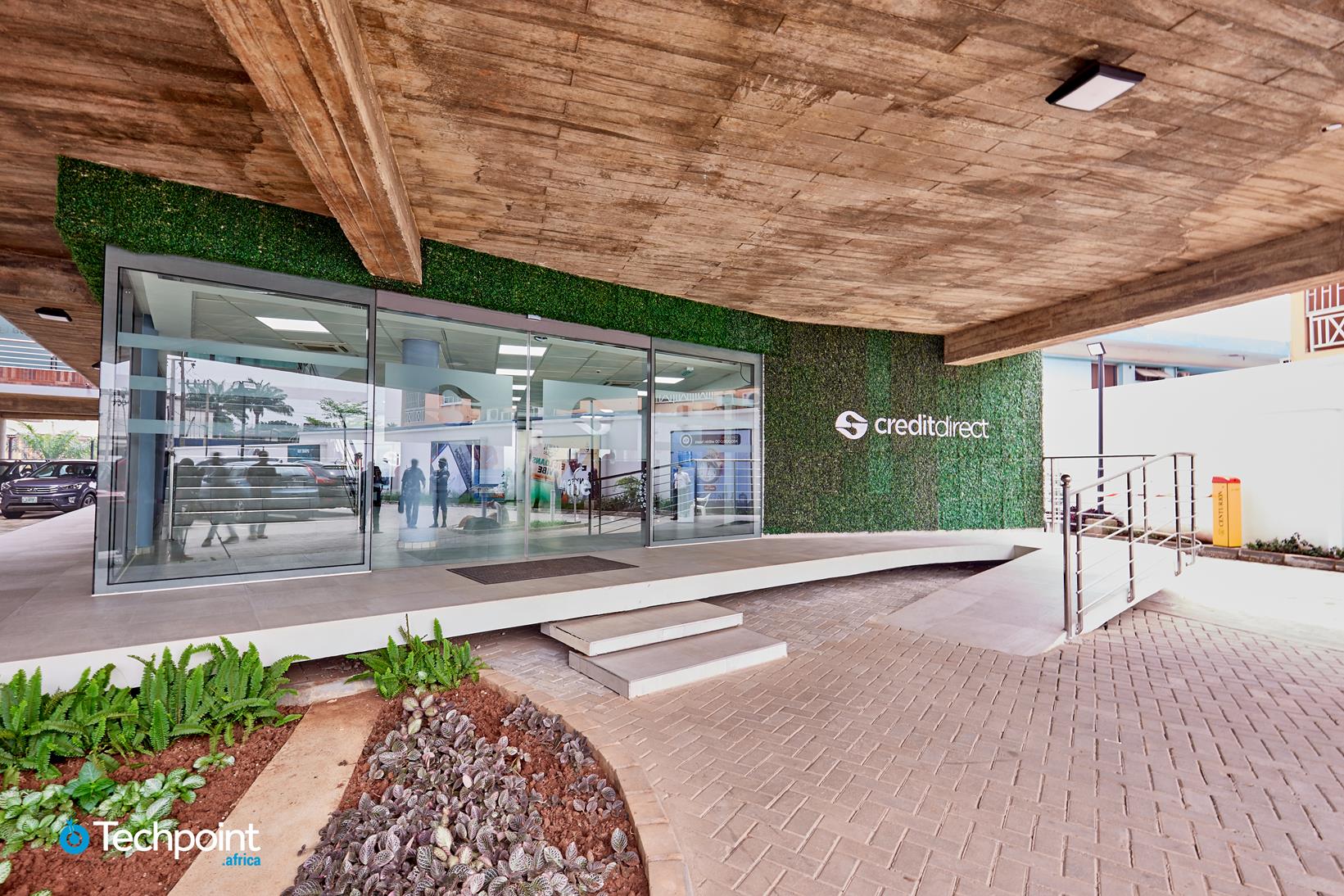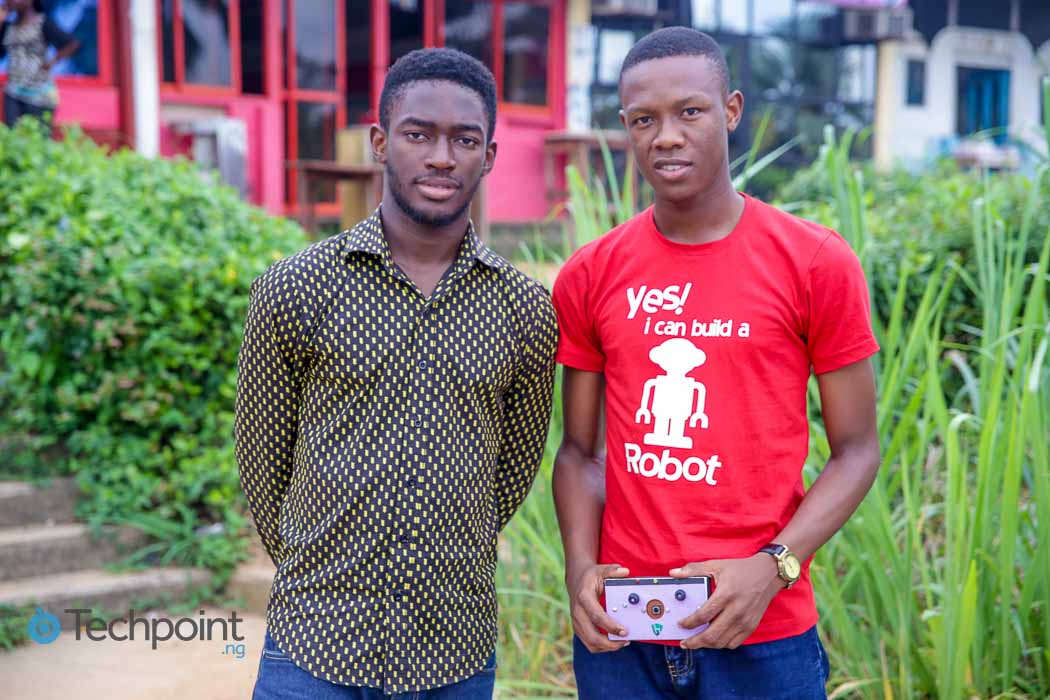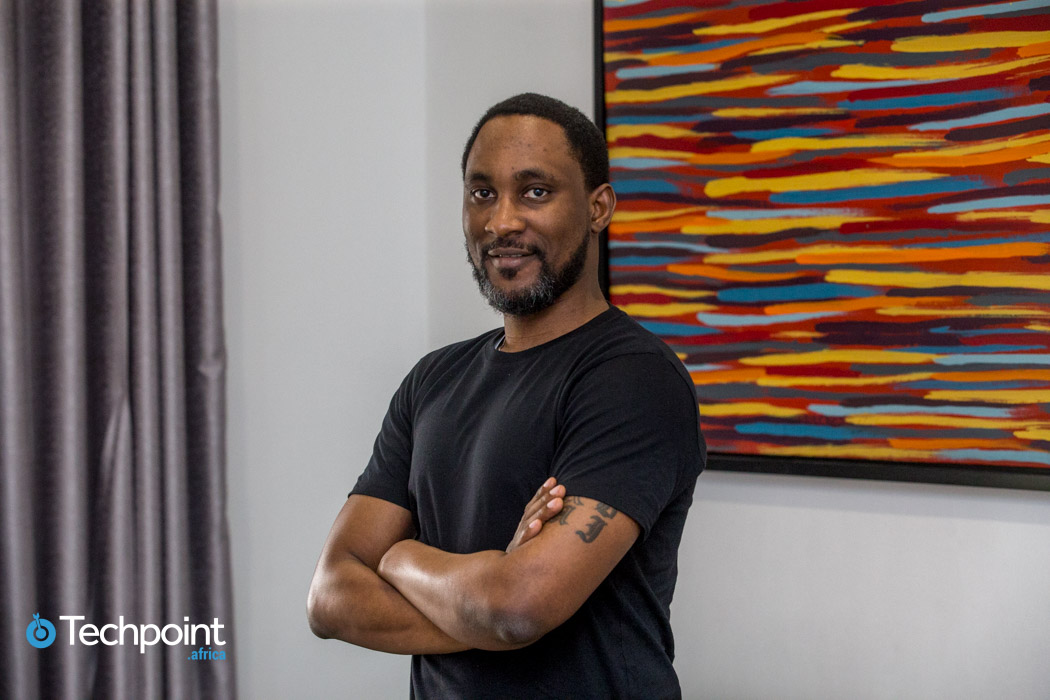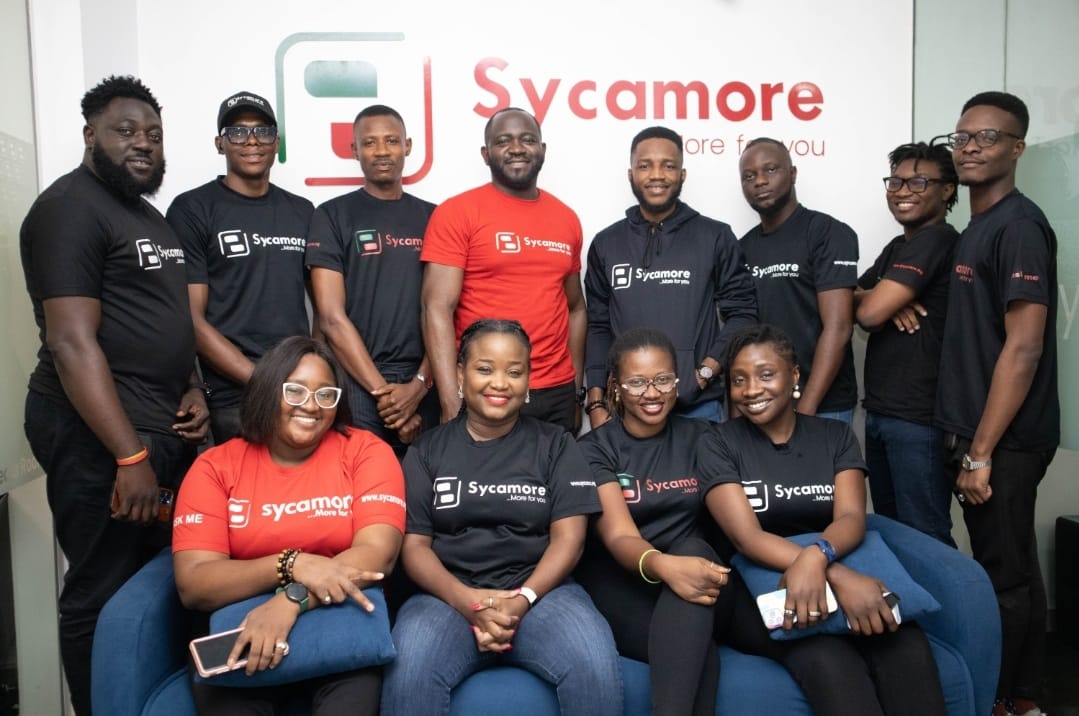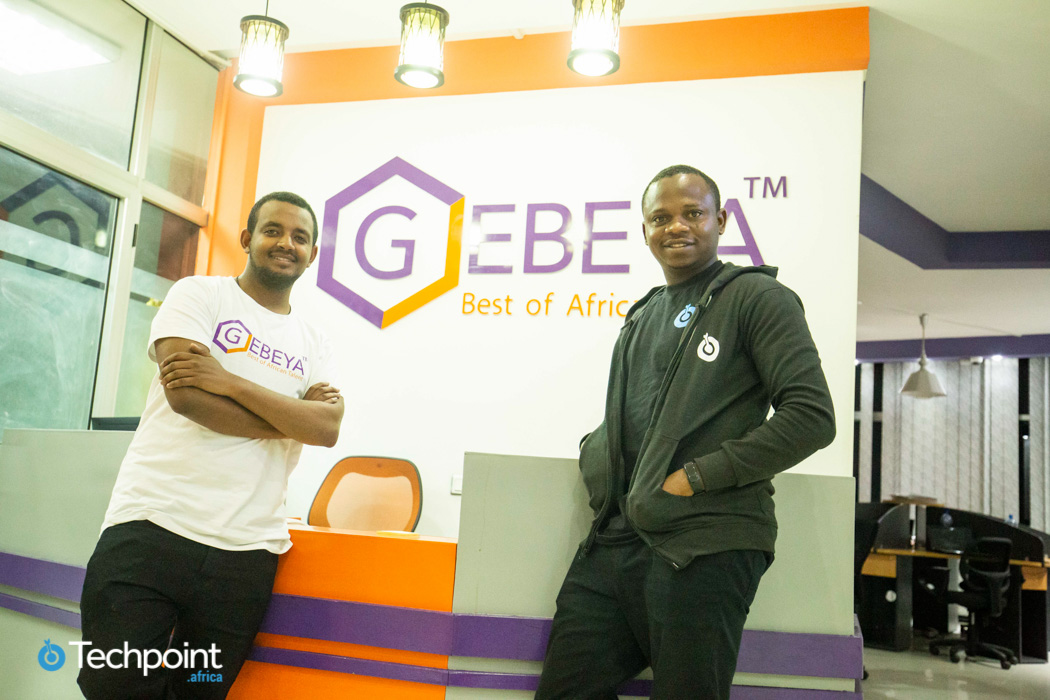Co-working spaces have become more popular in Nigeria over the past few years. Freelancers, remote workers, and other independent professionals work in a communal setting without the burden of office space expenses. Hundreds of such places exist across the country and more are still coming up.
Since co-working spaces are such a hit in Nigeria, it is surprising that the fashion industry has not keyed into this opportunity. However, Blessing Achu took a bold step in this direction when she launched 360 Creative Hub in October 2016.
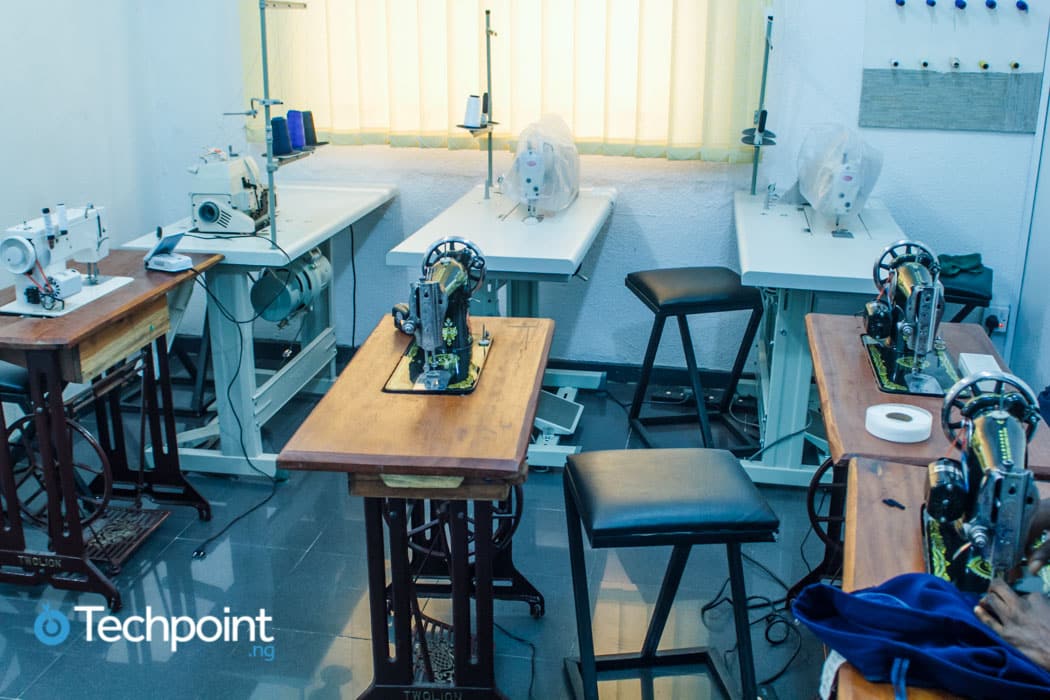
360 Creative Hub is a co-sewing hub and lab for fashion entrepreneurs in Surulere, Lagos. Blessing is a vibrant woman with over 10 years of experience in business development, software and telecommunications industry.
Techpoint spent an afternoon with her and she shared her journey to founding Nigeria's first co-sewing hub, her challenges and optimism.
Titilola Oludimu for Techpoint.ng (TO): What motivated you to start your own business?
Blessing Achu (BA): I have been an entrepreneur since my undergraduate days. I lived in the Northern part of Nigeria while I schooled in the East. I was studying Community Development and Adult Education at the University of Nigeria, Nsukka (UNN) at the time.
During my university days, I would buy a variety of ankara fabrics from the North and sell them in school at affordable prices. I also worked with tailors using fashion catalogues to help the students in making trendy outfits with the materials I sold to them. I was making a lot of profit so I stopped relying on my parents for money.
That was how I got into entrepreneurship. Even when I got a job after graduating from school, I was still doing business on the side.
TO: How did a Community Development and Adult Education graduate become a business developer?
BA: My course didn't have anything to do with my career path because the school system did not prepare me for the labour market. Yet, doing business in school helped me to build sales skills. So when I graduated, the first job I got was in sales.

Be the smartest in the room
Give it a try, you can unsubscribe anytime. Privacy Policy.
After that, I worked at an IT company where I got a first-hand experience in business development. Afterwards, I worked at a couple of other IT/software companies as a business developer including VDT Communications Limited where I still work occasionally. While working at these companies, I learnt software installation and a bit of technical support.
TO: You co-founded an innovation lab before 360 Creation hub, tell us about that.
BA: I was on a venture bus-- the Ampion Venture Bus-- some years ago. The bus brings together budding entrepreneurs and tech experts for a 7-day road trip across Africa. In the bus, we came up with ideas, validated them, built products and sold them. We then returned to pitch to investors. That was how FiLab innovation lab came about.
My co-founder and I came up with ways to leverage technology to tackle poverty in the Northern Nigeria. We partnered with some people to teach computer literacy in two schools but we could not continue due to lack of funding. We are still working on ways to keep it running.
TO: Did that influence your decision to found 360 Creation Hub?
BA: I had always known that I would run my company some day, but I didn't know whether it would in tech or fashion. I got the idea for 360 Creative Hub when I went for another venture tour around seven European countries.
During the tour, we visited several arts and crafts co-working spaces and labs where they use technology such as 3D printing, apps and hi-tech machinery to create impressive products. That was how I got the idea to launch a co-sewing hub in Nigeria.
I did further research and discovered that fashion labs and co-working spaces exist everywhere in the West, funded by the government. The government provides the facilities for people who manage them and generate income. These facilities produce top-notch designers that go to international fashion shows.
When I came back to Nigeria after the tour, I started working on validating my idea. I talked to a friend who runs an online market for made-in-Nigeria products and Modupe Macaulay of Capital Square. They both encouraged me and gave me some helpful pointers.
TO: How was starting like and how did you get funding?
BA: Starting off was horrifying. I knew it would not be easy but I did not expect that it would be tough. A lot of people exploited me because I am a woman. Some of the hub's initial appliances and fixtures were fake because I could not tell the difference. I have had to change them more than once.

About funding the business, I invested ₦10 million from my personal savings and we exhausted it almost immediately. I was devastated because I had no backup savings for family emergencies. I eventually raised an extra ₦2 million from family and friends which was also exhausted with nothing left even for publicity.
We got every client we have now from referrals. I try as much as possible to network and at every chance I get, I tell people what I do.
TO: What would you say is the biggest challenge you're facing now?
BA: Our biggest challenge is the Nigerian mentality. The average Nigerian designer has the "I want to do it on my own" mentality. It is difficult to convince them that a hub like this one is more beneficial to them, they would rather incur debts to set up their own shops than collaborating.

One of our designers, Tolu Olorunfemi trained in Italy, she understands that the business of fashion should not be done independently. But most Nigerian fashion entrepreneurs are 'Jacks of all trades', everybody is doing everything and nobody is specialising. They design, sew and market all by themselves but the hub is here to take care of that.
We are in partnership with Jumia to get our designers' clothing on their platform so that they can have both online and offline presence. All a designer has to do is to create while we take care of other things for a token, compared to the expenses of doing it all independently.
TO: What are you doing to tackle this challenge?
BA: We are making efforts to enlighten people and starting off with an incubation program. We plan to partner with as many people as we can. We are working on a partnership with the African Fashion Development and Empowerment Centre (AFDEC) to get about 10 of their candidates into our incubation program.
We plan to make them into fashion designers of repute and by so doing, we would be creating jobs for much more people through them. African designs are by popular demand in the West and we plan to create a channel where our designers' clothing would be exported.
TO: How do you keep yourself motivated?
BA: I keep God in the centre of everything. Even when things don't go as planned, I tell myself that I am unstoppable. I also have a vision board in my bedroom where I have every of my goals and visions. So on those days I feel unmotivated and have no reason to leave the house, the board keeps me motivated.
T.O: What advice do you have for budding bad-ass womenpreneurs?
B.A: I see a trend in young women these days. They all want quick money, rich husbands and become entrepreneurs, but entrepreneurship is not for everyone. To become an entrepreneur especially here in Nigeria, you have to be resilient, street-smart and patient until your business becomes profitable.
Starting 360 Creative Hub, I learnt that to get ahead, you have to be ready to get your hands dirty. I learnt that the hard way.
T.O: A day in the life of Blessing Achu?
B.A: I wake up at 4.30 am, then I pray for about 30 minutes. At 5:00 am, I prepare breakfast for my family. Then I prepare for work and my children for school. I drop them off at school and resume at the office by 8:00 am. Sometimes I don't resume that early because I may have one or two things to take care of outside the office.
We are sourcing new clients so most times, I'm out talking to people about the hub and trying to get more designers to come on board. Other times, I have to attend to some clients for VDT Communications, so it varies. As a business developer, when I'm in the office, I reach out to people, send emails and follow-up on previous conversations.

